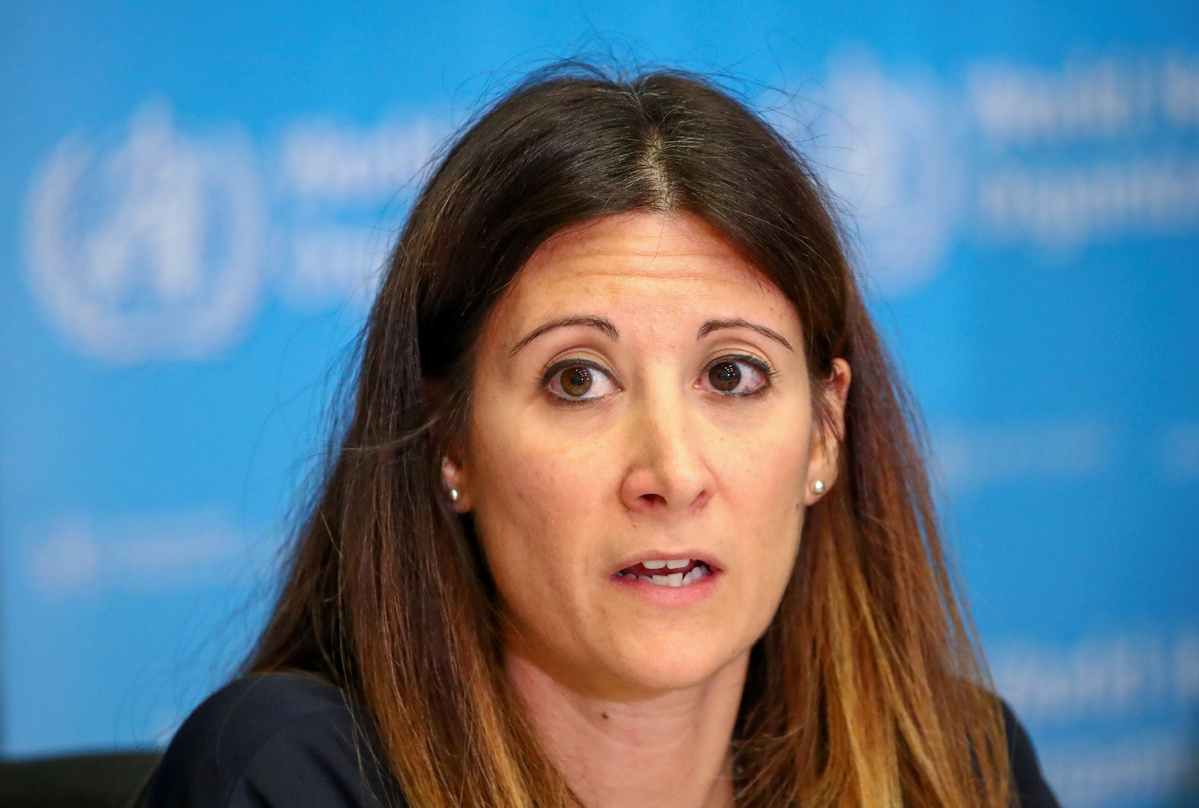Variant emerging from India might be more contagious: WHO official


GENEVA - The COVID-19 variant that emerged in India, the B.1.617, could bring about "increased transmissibility" or even "reduced neutralization" due to the specific mutations that it contains, an official of the World Health Organization (WHO) said on Friday.
The variant B.1.617 which first appeared in India on Dec 7, 2020, according to the Indian SARS-CoV-2 Consortium on Genomics (INSACOG), has two specific mutations -- E484Q and L452R -- that have been detected in more contagious variants worldwide, said Maria Van Kerkhove, the COVID-19 Technical Lead at WHO, at a press conference here.
"Having two of these mutations which have been seen in other variants around the world are concerning, because there's a similarity in these mutations that confer increased transmissibility, and some of these mutations also result in reduced neutralization, which may have an impact on our counter-measures including the vaccines," she said.
The official also noted that the variant is spreading to other countries and has been reported "across Asia and North America."
However, the "double mutant" variant first detected in India is still considered as a "variant of interest" by the WHO, meaning that it does not represent causes for stronger public health actions so far.
The Indian Health Ministry recently also issued an official statement, saying that the variant could increase rates of infection and bypass immune defenses.
- Pioneering deep-sea mission completed
- Foreigners back Xizang's boarding school system
- Compatriots from both sides of Taiwan Strait oppose external interference
- Ex-deputy GM of key state-owned enterprise expelled from CPC for corruption
- Legislators push stronger protections for disabled
- Former senior legislator dismissed from public office for duty-related crimes





































